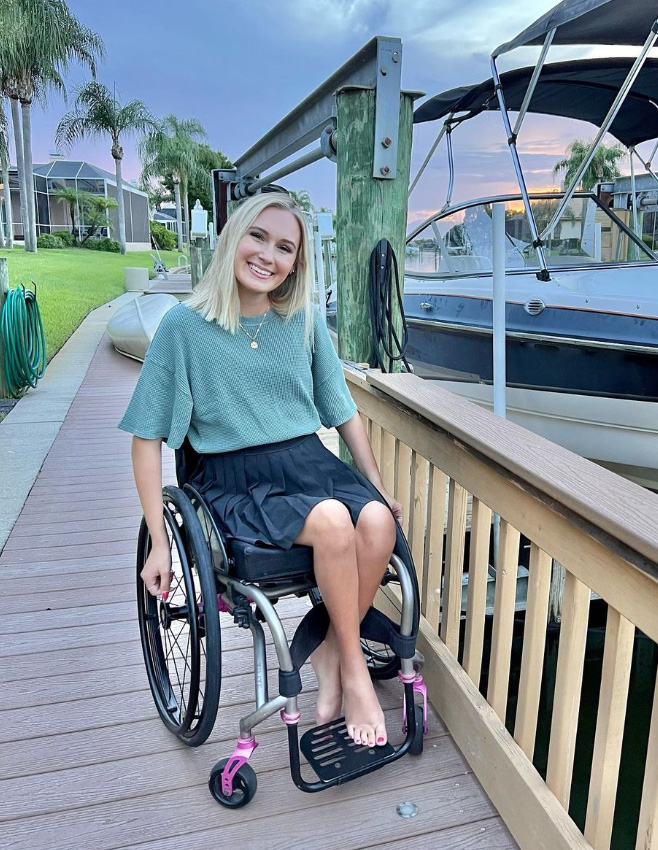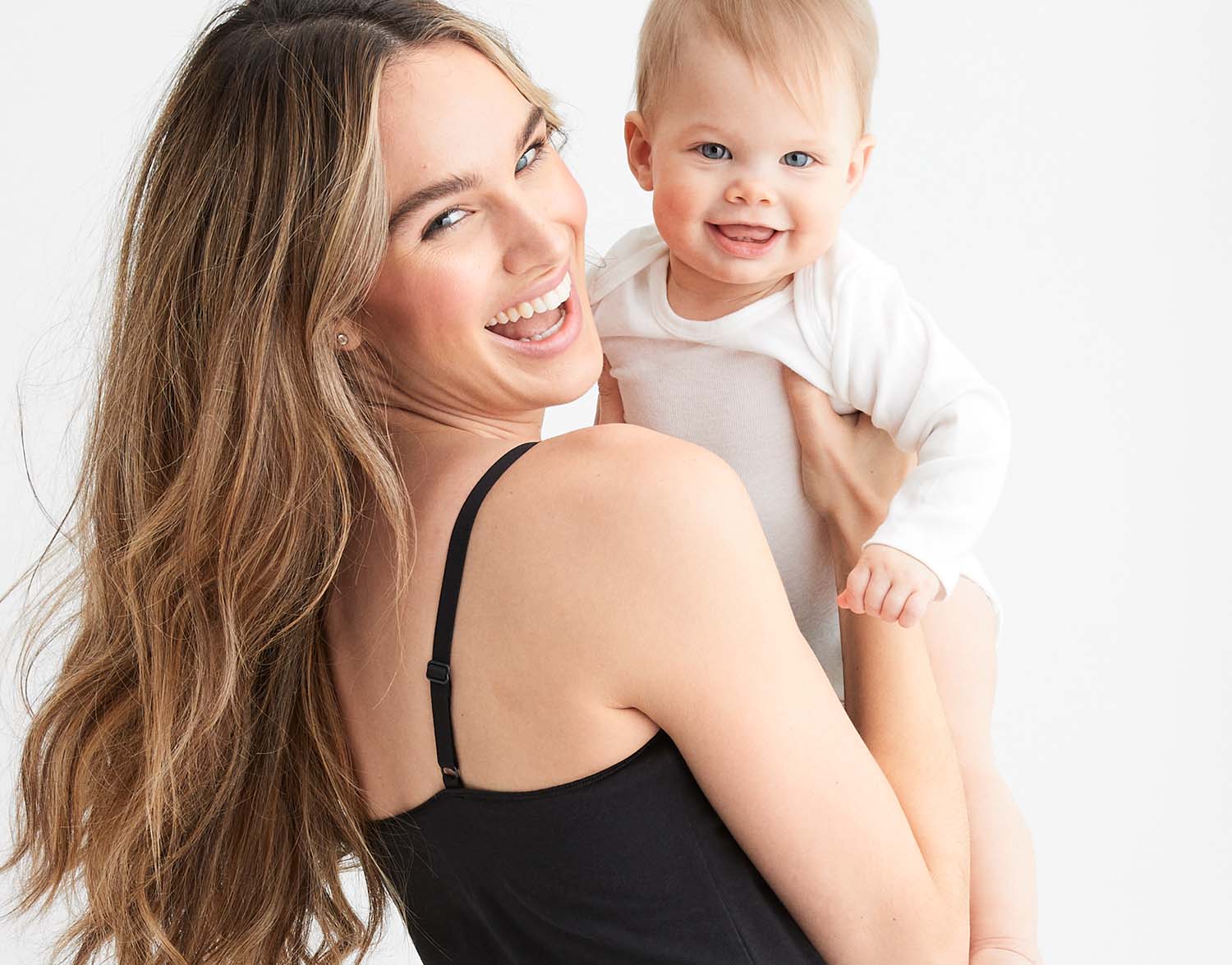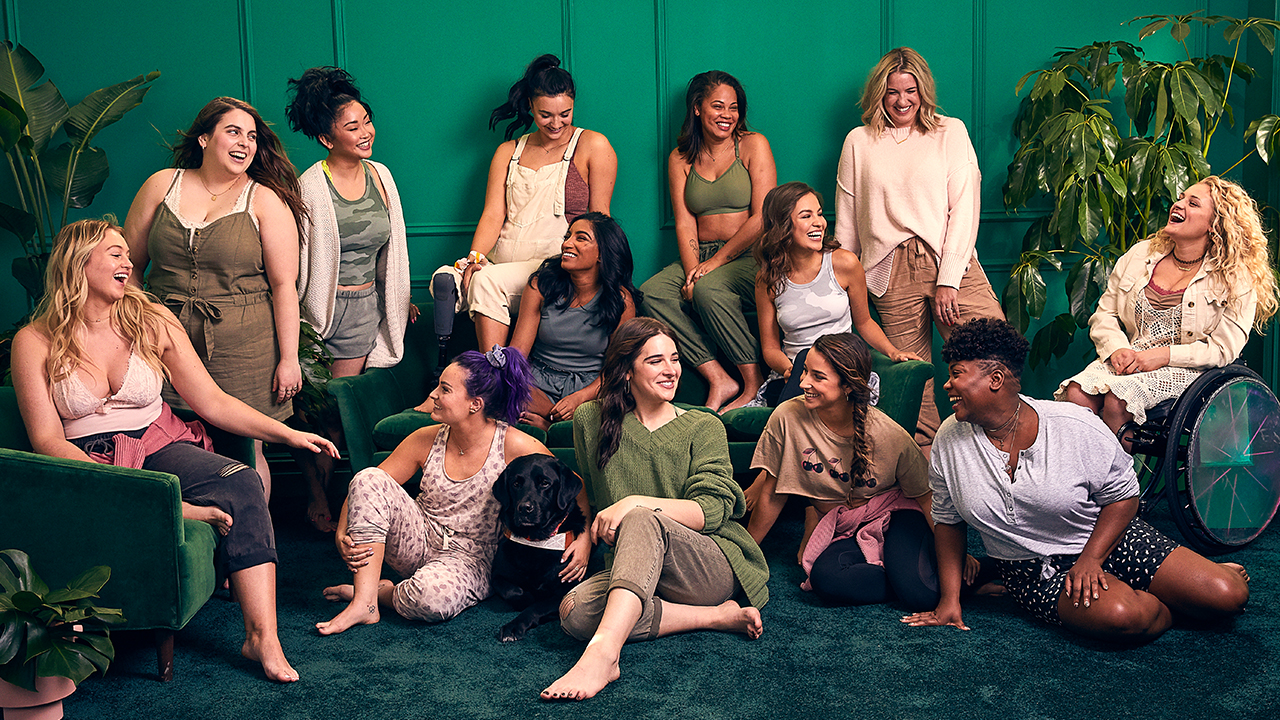Welcome back to our three-part special edition of Shop Talk! It’s job-seeking season, and we’ve put together our best tips and tricks for recent grads looking for their first post-college opportunity.
In Part One, we sat down with Brenna Kennelly, Campus Recruiting Coordinator at AEO Inc., who shared her insights on how to land an interview and make a great first impression on a potential employer. For Part Two, Brenna is back, joined by Aerie copywriter Anna Downey.
In this Q&A, Brenna & Anna discuss the various types of opportunities available to recent grads, and how job-seekers can determine which type of employment is best for them. They cover the major differences between internships, freelance contracts and full-time employment, as well as the advantages of each type. Plus, Brenna shares some pointers for grads who are seeking more flexible employment options.
Read the full Q&A below!

How can aspiring interns discern between the right opportunity for them?
Brenna: I would say that identifying the “right” opportunity can definitely be a journey – however, you don’t know what you don’t know and every process has to start somewhere! Think about what type of option makes the most sense for you, and even understand if you can benefit in multiple ways from one opportunity. For example, you don’t need to compromise being paid, just to be able to receive internship credit – many companies will pay and give credit. This truly goes back to asking the questions and weighing all of your options.
I would say that identifying the “right” opportunity can definitely be a journey – however, you don’t know what you don’t know and every process has to start somewhere!
Brenna Kennelly, Campus Recruiting Coordinator
What are the key goals of an internship versus starting a full-time salaried position?
Anna: Your primary purpose at an internship is to learn as much as you can! You’ll learn skills from more experienced people in your desired field, get insight into the state of your industry and identify what does and doesn’t work for you in a working environment.
It’s also a great start for making connections. I’ve found that as long as you have a positive attitude, fulfill your expected duties and are willing to listen to feedback, most people you intern for are happy to provide you career pointers and give you a good reference for future employers.
In a full-time salaried position, the aim is more to take what you’ve learned and apply those skills toward fulfilling the goals of your employer. Since you have more experience, the expectations are higher and your goals are more concrete. That’s a good thing – meeting your goals translates to opportunities for growth!
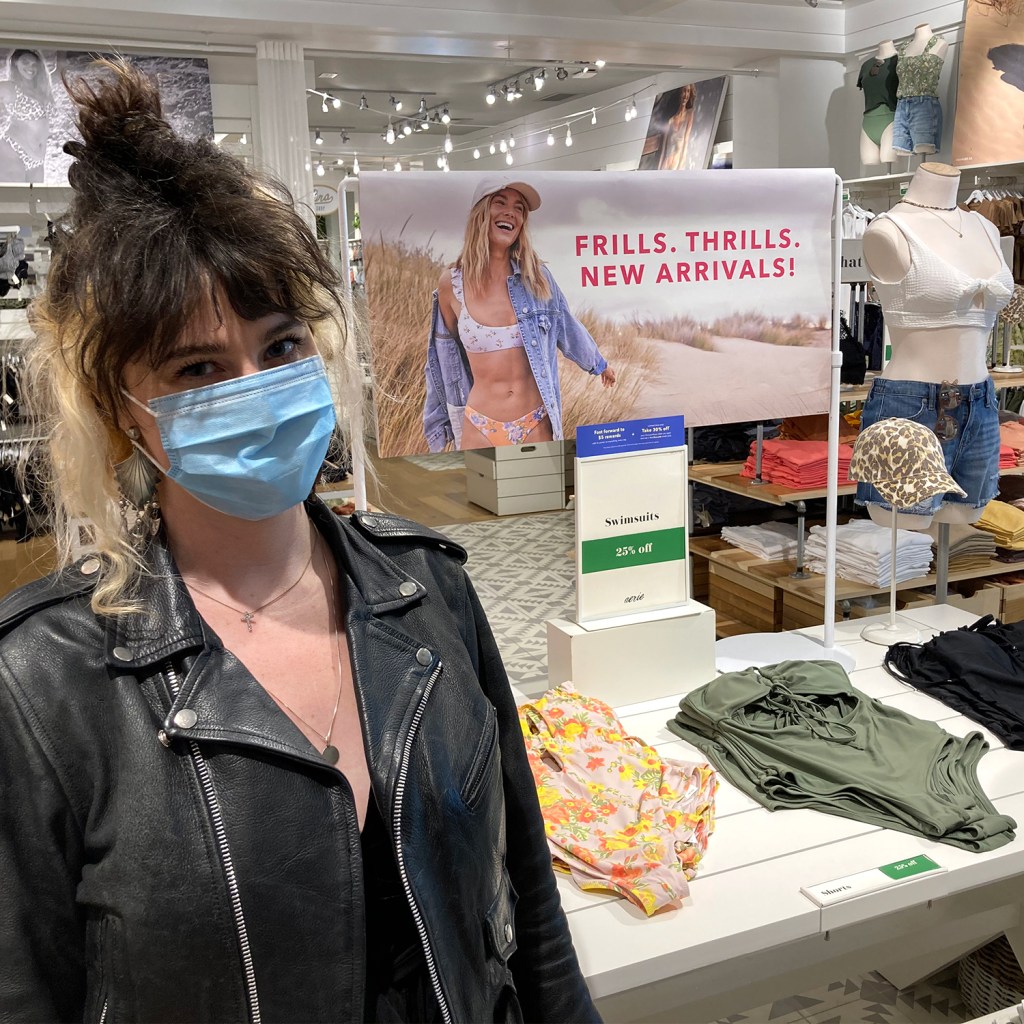
What would you say are some of the pros and cons of freelance versus full-time?
Anna: Both this current position and my last position started out as freelance that converted to full-time after about six months.
Freelancing is sort of a contradictory path. On the one hand, it’s gotten me an in at companies that weren’t otherwise hiring for salaried positions. However, I also went in knowing that I might be out a job once my contract was up. For me, that wasn’t a problem, because I decided that at best I’d get hired on full-time, and at worst I was still employed while looking for positions for fall back on. As long as I could pay my bills, save a little money and add to my portfolio, the risk was worth it.
There’s also some financial contradiction to freelance, because your income might fluctuate based on your hours, but if you play your cards right you can work that to your advantage. Namely: negotiate a fair hourly rate and bill your overtime!
While freelancing can be exciting, full-time work is much steadier and more stable. You know you’ve been hired for the long-term, so you get both a sense of security as well as the opportunity to develop and grow into long-term goals. It’s also rewarding to fully feel like a part of the team and company culture. And, of course, most full-time positions provide you with benefits (health insurance, a 401k, discounts) that a freelance position doesn’t.
Whether or not there are disadvantages to full-time depends on your goals and the company culture. Do you see this job helping you along your career path? What are the expectations that you work outside of regular hours? If routine bores you, how can you keep things exciting in a steady position? If you’re able to find favorable answers to these questions, you can make that full-time position work for you.
Get to know your fellow team members, build relationships and don’t be shy about letting your manager know that you’re doing your best work because you really want to be there.
Anna Downey, Aerie copywriter
What are strategies you would recommend for someone who wants to transition from freelance to full-time?
Anna: If you’re contracting and want to make the leap to full-time at the same company, think long-term as soon as you start. Most companies, in my experience, will want to hire someone who already knows the ins and outs of their position, making you a qualified candidate over someone outside the company. So make it known that you’re interested! Get to know your fellow team members, build relationships and don’t be shy about letting your manager know that you’re doing your best work because you really want to be there.
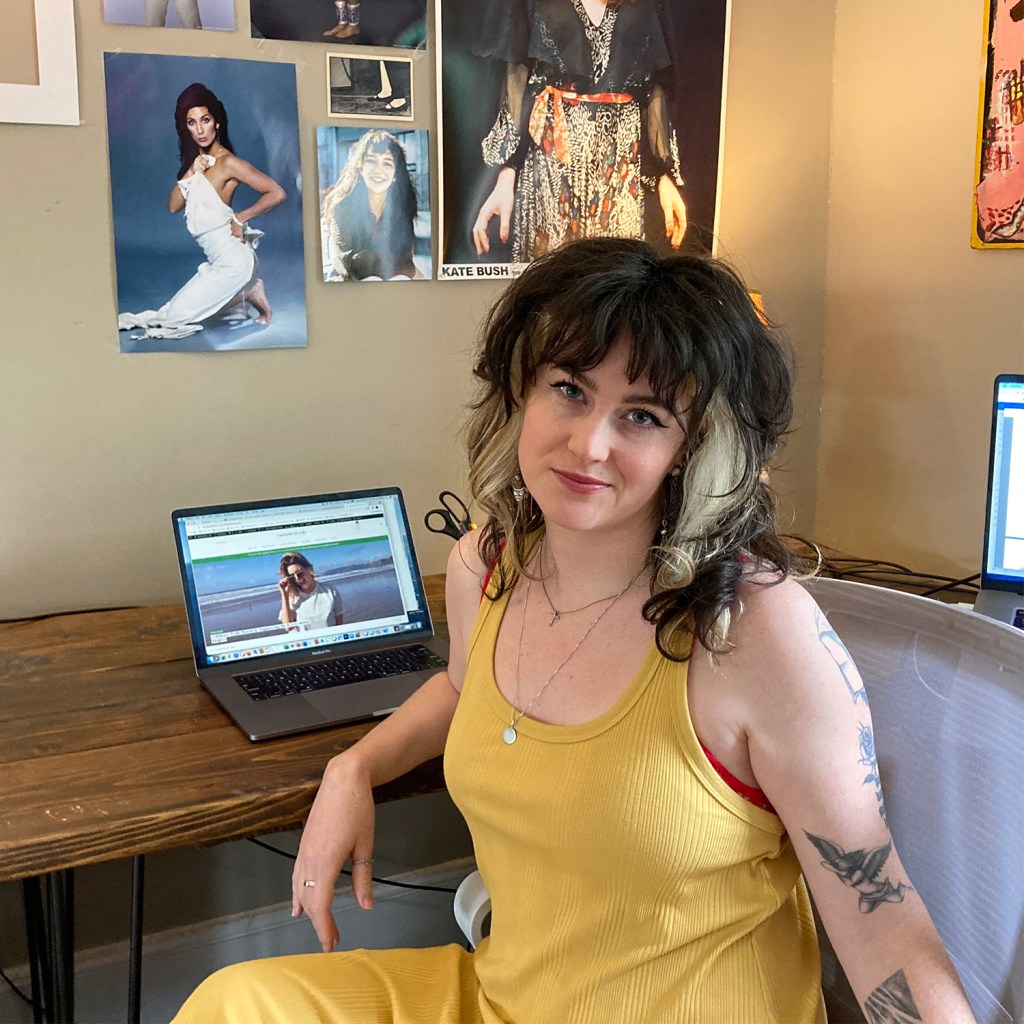
What type of individual or career path would benefit from flexible options such as freelancing?
Brenna: I think that there are many unknown benefits of working in a freelance or contract role; namely, truly getting to know the culture of a company prior to fully committing, in addition to getting to gain many different skills. I think that freelance and contract work would benefit anyone who is looking to further solidify what, exactly, they want to do long-term!
How would you recommend finding gigs for these types of flexible working options?
Brenna: In terms of contract or flexible options, most career sites for companies will note if a role is freelance or contract. I would definitely call out that a best practice for these opportunities would be for candidates to ask a recruiter or member of the team to clarify or confirm the duration of said freelance/contract position. This ensures 100% transparency up-front.
Educating oneself on all of the potential options for employment will only open more opportunities in the end. You never know until you try or take a chance!
Brenna Kennelly, Campus Recruiting Coordinator
In what ways can people who are just starting out in their careers learn the ropes of a more non-traditional route like these?
Brenna: I think that the best option here is research, research, research – educating oneself on all of the potential options for employment will only open more opportunities in the end. You never know until you try or take a chance!

Your job search only gets easier from here, Aerie fam. In Part Three (coming soon!) of our series, we’ll cover the skills you need to navigate your first few months on the job and make sure your career is off to a great start.
We want to hear your insights, too. Have you learned any tips or tricks that have helped you throughout your job search? If you’ve you gone down a less traditional career path, how did you navigate through it? Let us know in the comments!

